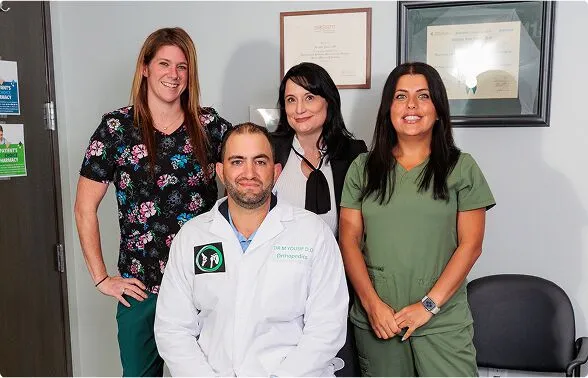Frozen shoulder or adhesive capsulitis, in medical terms, refers to restricted mobility of the shoulder joint due to swelling and stiffening of the articular shoulder ligament that surrounds the joint. This term has often been used to refer to arthritis, which is a gross misrepresentation since frozen shoulder represents the shoulder joint, while arthritis may refer to other/multiple joints. It is commonly found in people between 40 and 60 years of age with women being more prone to suffer from frozen shoulders.
The shoulder is made up of a spheroidal joint, which is a ball & socket joint, in which the round part of the round head of the upper arm bone fits into the socket of the shoulder blade. Frozen shoulder happens when scar tissue builds up in the shoulder, making the shoulder joint's capsule thicken and tighten, making movements difficult and painful.Understanding Frozen Shoulder Risk Factors
- Age: People in the age group of 40-60 years are more prone
- Gender: Women are more prone than men
- Recent surgery or arm fracture
- Diabetes: Though the reasons are unknown, diabetic patients are two to four times more likely to develop frozen shoulder than normal individuals
- Medical conditions like hyperthyroid and hypothyroid, CVS, and Parkinson's' disease
- Medical conditions: Recovery from a medical condition that restricts the movement of arms like a stroke or a mastectomy, may make the shoulder joint stiff and lead to a frozen shoulder
Signs and Symptoms
Frozen shoulder usually comprises three stages:- Painful Stage: It is the most initial stage and involves the shoulder getting stiff and very painful, with minimum or limited movement. Movement becomes limited.
- Frozen/Adhesive Stage: this is when the shoulder starts getting increasingly stiff and painful restricting the range of motion.
- Thawing Stage: This is the stage where improvement begins to reflect and shoulder movement begins to improve. Pain may also decrease.
Treatment Options
The main strategy is to control the pain and manage the range of motion in the shoulder.Medications
OTC pain relievers like aspirin and ibuprofen (Advil, Motrin IB, others), help in subduing the pain and inflammation associated with a frozen shoulder.Therapy
A physiotherapist can offer great help in the treatment of frozen shoulder facilitating you to learn range-of-motion exercises. These help in improving mobility in your shoulder. Other alternative treatment plans:- Steroid injections: The use of corticosteroids to mitigate pain and improve shoulder mobility, is advisable in cases of extreme pain and no movement.
- Shoulder manipulation: In this procedure, the doctor would move your shoulder in different directions to loosen the scar tissue. All this is done under anesthesia to avoid feeling any pain.
- Surgery: Surgery is the last resort and may be used in rare cases.
Categorized into
General Health,
Diabetes,
Brain Health,
Women Health,
Bone Health,
Orthopaedic,
Shoulder Pain,
Arthritis,
Skin Conditions,
Pain Management

Reviewed by







